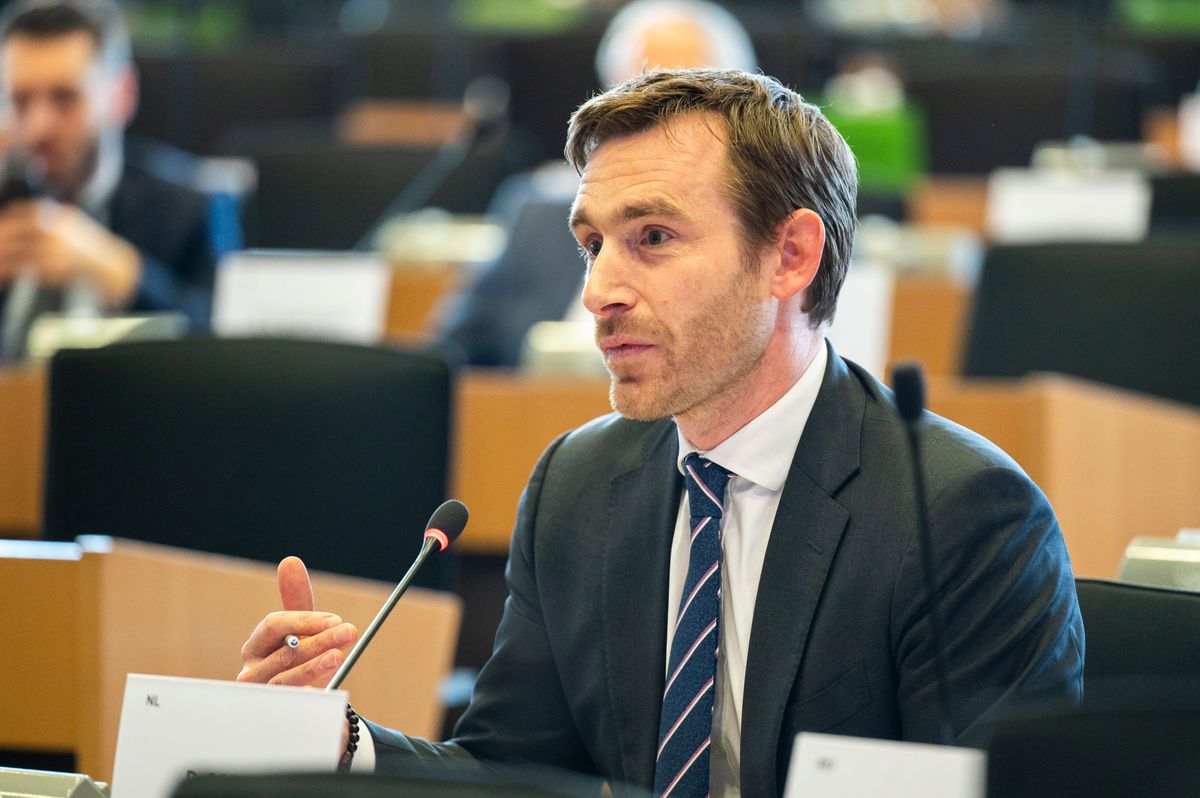The European Commission once again rejected allegations of impropriety in the approval of operating grants to environmental campaign groups, during a grilling by right-wing members of the European Parliament on Wednesday as a controversial scrutiny panel got down to work.
The probe stems from unproven allegation by conservative European People’s Party lawmakers and allies further to the right, who claim the EU executive, under president Ursula von der Leyen’s first presidency, used NGOs to lobby other EU institutions and its own internal services to promote its Green Deal policy agenda.
The ‘scrutiny working group’ in the parliament’s budgetary control committee was called into being by the right-wing alliance, possible because together the centre- and far-right command a narrow majority in the house.
Members of the Socialists & Democrats, Renew, Greens, and The Left have accused the right on-off allies of running a campaign against civil society groups, which some called a witch hunt, other a smear campaign.
The Greens and the Left had refused to particpate in the probe even before the inaugural sitting today. The S&D, which had formally joined the working group on Wednesday morning, theatrically left the room at the beginning of the meeting, together with the liberal MEP of Renew.
Back inside, the EPP politicians and their allies in the right-wing ECR group and far-right nationalist Patriots for Europe interrogated the heads of the Commission’s climate, environment, and budget directorates general.
Kurt Vandenberghe, who leads DG CLIMA, said that there was no evidence that existing rules had been breached. Civil society organisations organised their work programme entirely independently, he said.
When concerns over the NGOs’ direct lobbying of MEPs were first raised, the Commission acknowledged a reputational risk and changed the protocal used in applications for funding through the LIFE Programme.
The director of DG ENVI, Eric Mamer, acknowledged what is already a matter of record: in the past specific lobbying activities were detailed in the work programmes NGOs attached to applications for operational grants, but that under the new guidelines in place since 2024 this would no longer happen.
Under further questioning, Vandenberghe further denied that the commission funds external bodies to lobby its own various services and directorates, which are notorious for engaging in internecine battles over policy in the corridors of the Berlaymont HQ in Brussels.
Through its Climate, Infrastructure and Environment Executive Agency (CINEA) – which handles grant applications – the EU executive “does not mandate anyone to do whatever kind of lobbying”, Vandenberghe summed up.
(rh)
